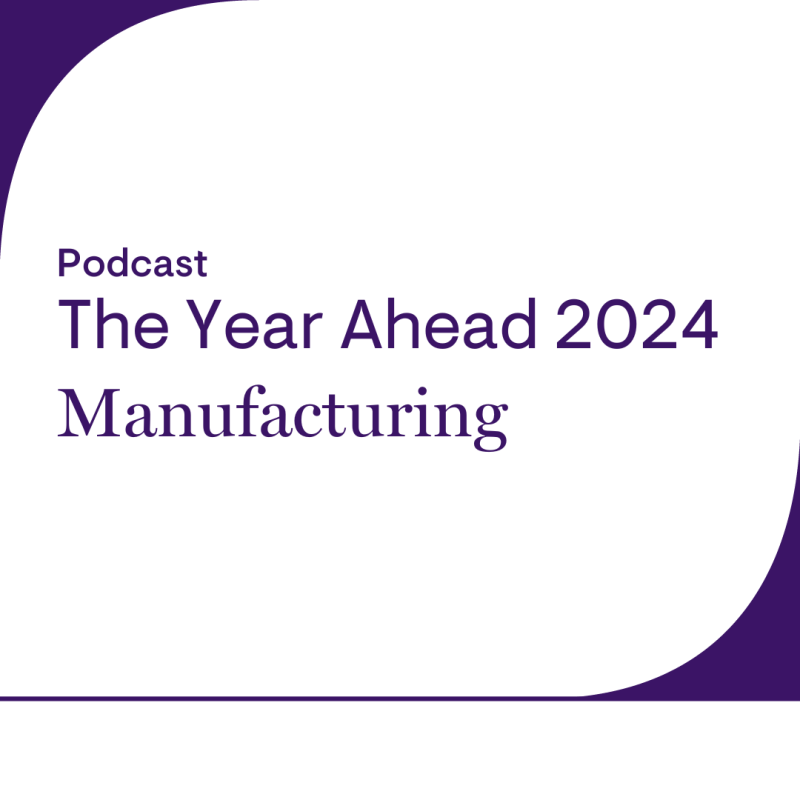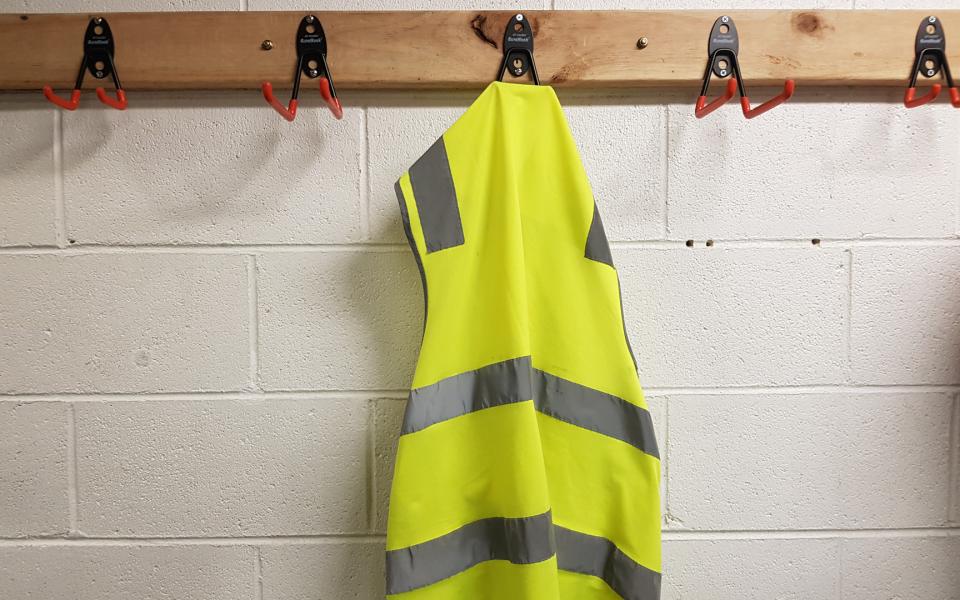
The Year Ahead 2024: Manufacturing
Jackson Lewis Manufacturing industry group co-chairs Jim Stone and Maurice Jenkins bring their combined 55 years of experience to discuss the sobering and structural challenges 2024 has in store in terms of recruitment and retention. Skill gaps and mismatches, change management, new compensation strategies, internal talent marketplaces, employee referral programs, false barriers to entry, DEI, and more are all on the horizon.







